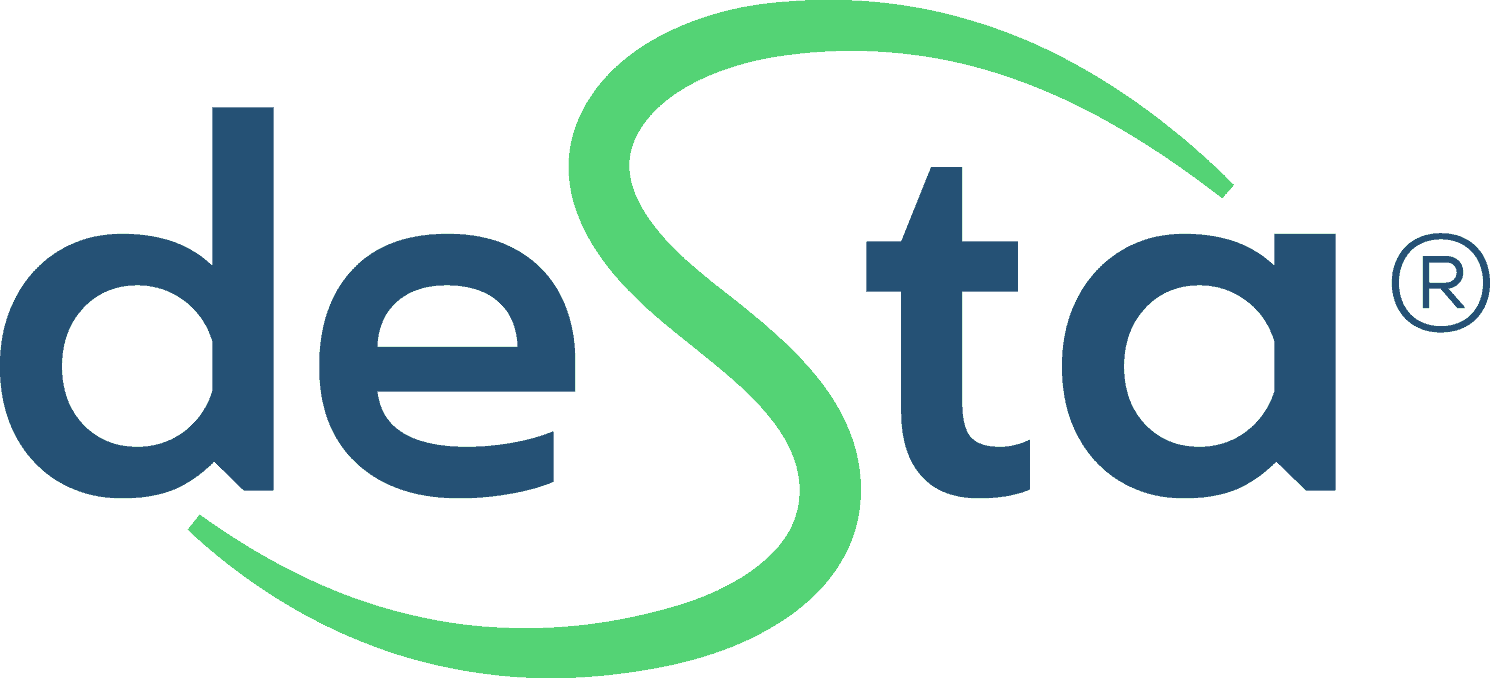Scaling Domestic Climate Philanthropy in India
AVPN Climate Pathfinders Programme
AVPN Climate pathfinders programme
Integrating a Climate Lens into your Organisation
The AVPN Climate Action Platform will be launching its first climate capacity building programme for decision-makers of philanthropic organisations and other grant-making bodies. The programme will aim to cross pollinate regionally relevant ideas and concepts from like-minded individuals to develop learning opportunities and foster a shared understanding of climate action in India.
This pioneer cohort of AVPN Climate Pathfinders will be equipped with the tools and knowledge required to demystify the intricacies of climate intersectionality in the region and effectively incorporate climate action into their theory of change.
Utilising AVPN's resources and reputuation, participants will also be given the opportunity to propel progress in critical areas to reshape the regional policy agenda and enable the more effective deployment of capital towards climate action.
OUR GOAL
Through this programme participants will be able to

Improve their understanding of climate action

Gain a better understanding of climate intersectionality

Reimagine climate funding using climate intersectionality lens
SCHEDULE
Programme timeline
Webinar - 29th November 2022, 1500hrs - 1630hrs (GMT +5:30)
Information Session 1
This session will apprise participants on the Climate Pathfinder Workshop Series. Participants will be made aware on the purpose, timeline and duration of the workshop series.
Webinar - 1st December 2022, 1200HRS - 1330HRS (GMT +5:30)
Information Session 2
This session will apprise participants on the Climate Pathfinder Workshop Series. Participants will be made aware on the purpose, timeline and duration of the workshop series.
IN PERSON - 17th JANUARY 2023
Workshop Day 1: Breaking Climate Silos & Understanding Intersectionality
Day 1 of the workshop, will consist of two sessions, that aim to help participants understand and visualise climate intersectionality. This session will address questions on climate intersectionality, the importance of endogenizing it into the current funding landscape, and how an intersectional lens could strengthen climate action by moving beyond silos of climate and non-climate focused work.
Session 1: Understanding Intersectionality
Through the analysis of case studies, projects, and regional trends, participants will be appraised on the climate intersectionality of various social, environmental, and economic goals. The participants will also be invited to help fill in gaps by sharing their knowledge and experiences related to climate intersectionality.
Session Activities:
- To understand the key trends, case studies, and indicators of climate intersectional areas.
- To share and discuss stories and trends based on participant experiences.
- To reflect and review on how participants see the importance and relevance of climate intersectionality. Along with key variables they can identify that highlight intersectionality.
Session 2: Visualising Intersectionality
This session will use the learnings from earlier in the day and aim to apply them towards developing a visual understanding of climate intersectionality. Group activities will be conducted using interactive learning tools and systems
Session Activities:
- Connecting the Dots - A group exercise using interactive learning tools
- Interpreting climate intersectionality in current organisation projects
- Reflections and Closing
IN PERSON - 18th JANUARY 2023
Workshop Day 2: Reimagining Climate Funding Landscape
Day 2 of the workshop will focus on the understanding of the existing climate funding landscape and the existing areas of funding through an expert-guided session. Using the realisation and materials from Day 1, the session will invite participants to map the existing funding landscape using an intersectionality lens. This exercise will seek to answer how much of the existing funding is going into climate intersectional areas. A reflection and mapping exercise will also be conducted where participants will be asked to reimagine the funding landscape they want to strengthen and focus on.
Session 1: Understanding the Climate Funding landscape in India
The first part of the day will involve an expert-led session that will share knowledge of the state of philanthropic funding in India in the climate sector. Participants will then discuss and fill in gaps through their own experiences. At the end of the session, participants would have developed their learning and materials from Day 1 by superimposing details on the present state of funding.
Session Activities:
- To understand the existing funding landscape
- To jointly review the current state of climate funding in the region
- Reflection and Review
Session 2: Reimagining the Existing Landscape using the Intersectionality Lens
Participants will use the materials and visualisations to map how and where the nature of ffunding can be reviewed and re-assessed to enhance the climate outcomes when applying a climate lens to give. This session will be driven by participants, via brainstorming activities, to identify ways of bringing climate intersectionality into their field of funding. Participants will be encouraged to share their ideas on pragmatic ways of enhancing climate funding, and the type of collaborations they could seek to achieve their goal. Each group will also be asked to come up with one pledge on how they would encourage climate funding through an intersectional lens.
Session Activities:
- Groups brainstorm on identifying pragmatic ways of enhancing climate intersectionality in their funding
- Presentations of ideas and their pledges
- Closing and Way Forward
Webinar - February 2023
Webinar 1: Insights from AVPN's Climate Pathfinder Workshop
AVPN’s Climate Pathfinder Workshop will be held in Mumbai, India, in January 2023. This webinar distills key discussions, learnings, and collaborations that have emerged from the workshop and subsequent engagements.
Delve into the realm of climate intersectionality and local engagement, guided by Srinivas Ramanujam, CEO of Villgro. Fireside chats with Sameer Shisodia, CEO of Rainmatter Foundation, and Kinkini Roy Choudhary, Asia Lead at Accenture Development Partnerships, will enrich the conversation. Gain insights from featured organizations SwitchOn Foundation, WIN Foundation, and Hydrogreens, highlighting initiatives in agriculture, livelihoods, education, and water.
Discover climate resilience innovation opportunities for funders and investors. Understand the synergy between funding and climate initiatives through impactful conversations. Embrace collaboration among local actors for synergistic solutions and increased impact. Recognize local governance’s pivotal role in addressing interconnected global climate challenges.
Uncover the financial sector’s growing interest in climate-positive investments aligned with diverse outcomes. Learn about NGOs’ adaptive measures, modifying monitoring frameworks for climate resilience. Gain insights from social enterprises’ leadership in climate-positive actions and their focus on scalability. Engage in discussions addressing transparent stakeholder collaboration and shared success frameworks.
Explore the showcased initiatives:
- SwitchON Foundation: Ecosystem approach to climate intersectionality.
- WIN Foundation: Multi-stakeholder approaches to water, sanitation, maternal and child health.
- Hydrogreens: Sustainable food and feedstock production strategies.
Key Takeaways
- Local Engagement for Global Impact: Address climate change through localized governance engagement. Tailor solutions to community needs, involving stakeholders for sustainable outcomes while assessing trade-offs.
- Collaborative Frameworks for Action: Create shared success frameworks aligning government, corporate, and non-profit priorities. Transparent, efficient coordination is vital for successful climate-related investments.
- Climate Responsibility in Finance: Financial sector's climate-positive investments and impact measurement show commitment to environmental, societal, and governance outcomes. This collective effort tackles climate change's multifaceted impacts.
Webinar - MArch 2023
Webinar 2: Unveiling Evidence Generation & Impact Measurement for Climate Impact in India
AVPN will host a Climate Pathfinder Capacity Building Programme scheduled for April 2023. This webinar will provide profound insights into evidence generation and impact measurement within India’s climate impact context.
Moderated by Aravindan Srinivasan, Thematic Director (Climate & Health) at AVPN, this session features distinguished speakers: Jagjeet Sareen, Co-lead of Global Climate Practice at Dalberg, Shobhit Mathur, Lead Partnerships at Dhwani RIS, and Vivek Anandan Nair, Manager – EME, Climate at CIFF.
Gain insights into methodologies showcasing climate-specific impacts in sectoral initiatives, emphasizing adaptable toolkits for comprehensive impact measurement. Explore the significance of cross-domain insights in crafting benchmarking guidelines. Understand the importance of donor and civil society alignment to harmonize impact measurement methodologies. Discover India’s evolving green banking sector and the intricacies of bridging compliance and voluntary carbon markets.
Key Takeaways
- Help map the interdependent sectors/ causes where decarbonisation strategies and energy-efficient technologies can be deployed.
- Enable an understanding of the scope of philanthropic contributions and investments that can help transition to clean energy.
- Understand the incorporation of energy transition initiatives into existing philanthropic contributions/initiatives.
WEbinar - April 2023
Webinar 3: Sustainable Livelihoods for Resilient Futures
Climate change is increasingly impacting economies across the world. From rising sea levels to the increasing occurrence of disasters such as cyclones to the rising intensity of wet and dry spells – India’s vulnerability to climate change remains equally high. This vulnerability will impact the country’s economy and development indicators. Given that more than 50% of India’s total working population, directly and indirectly, is dependent on agriculture and allied nature-based sectors – most impacted by climate change – sustaining the livelihoods of these communities is essential for sustainable poverty alleviation efforts in the country.
Philanthropic organisations’ work across rural and urban localities spans sectors such as agriculture, forestry, integrated water management, healthcare, and education. Increasingly, climate change threatens to undo years of work and time invested by philanthropists in improving the livelihoods and development indices of the country.
To ensure that their efforts remain investible and sustainable, social investors will need to integrate a climate ‘lens’ across their projects. Adapting to climate change is as important as mitigating the phenomenon. Hence, investing in early warning systems, making water usage efficient, and improving crop advisory services are some of the means through which organisations can climate ‘proof’ their work whilst ensuring that their objectives of contributing to the country’s development remain intact.
This session will highlight how climate change ramifications will adversely impact India and country-based philanthropists’ work of contributing to the development of the country. Further, the session will showcase how via an ‘intersectional’ approach, philanthropists can climate-proof their investments, and make them resilient.
Key Takeaways
Contextualized Impact Measurement:
- Tailored methods for climate impact assessment.
- Toolkit integration for better measurement and accountability.
Collaborative Toolkit Creation:
- Leverage cross-domain insights for standards.
- Donor-civil society alignment for impact evaluation.
Exploring Adaptive Markets:
- Emerging green banking, evolving policies.
- Potential for adaptive credit and carbon markets.
WEBINAR - may 2023
Webinar 4: Unveiling the Potential of Blended Finance for Climate Impact
The Climate Pathfinder Workshop will be presented by AVPN in collaboration with Convergence South Asia July 2023. This webinar will illuminate the transformative capabilities of blended finance in driving impactful change across the Asia-Pacific region.
Blended finance, a dynamic funding approach, combines concessional and commercial capital to optimize impact while maximizing capital efficiency.
During this session, participants will:
- Explore blended finance's applicability across diverse projects.
- Discover the role of grants and concessional layers in bridging funding gaps for climate initiatives.
- Examine philanthropy's catalytic influence in fostering private sector involvement and enhancing project impact.
- Understand the importance of clear impact identification to drive successful initiatives.
- Investigate opportunities for blended finance in India, including the exploration of Alternative Investment Funds (AIF).
Gain insights into Convergence’s three-pillar approach and its five blended finance archetypes.
The session will also touch on the potential involvement of institutions such as stock exchanges in blended finance projects. Discussions will explore stock exchange participation and the strategic utilization of CSR funds in blended finance.
By the session’s end, attendees will gain a comprehensive understanding of blended finance’s potential to address pressing global challenges, laying the foundation for a sustainable and impactful future.
Key Takeaways
Blended Finance for Climate Projects:
- Grants and concessional layers bridge funding gaps for climate projects.
- Philanthropy catalyzes private sector participation with concessional capital.
- Clear impact goals enhance project execution.
- Aggregating projects boosts scale and impact.
Convergence’s Approach:
- Convergence focuses on data, knowledge, and capacity building.
- Five blended finance archetypes offer diverse risk and impact levels.
Social Stock Exchange’s Role:
- Stock exchanges can engage in blended finance.
- India explores CSR funds in blended finance.
Partners

In collaboration with:

GET IN TOUCH
Unlocking capital into climate action
To find out more about the workshop.

Sharman Pandian
Manager, Climate Action Platform
AVPN

Bhawani Maurya
Product Manager, South Asia
AVPN















